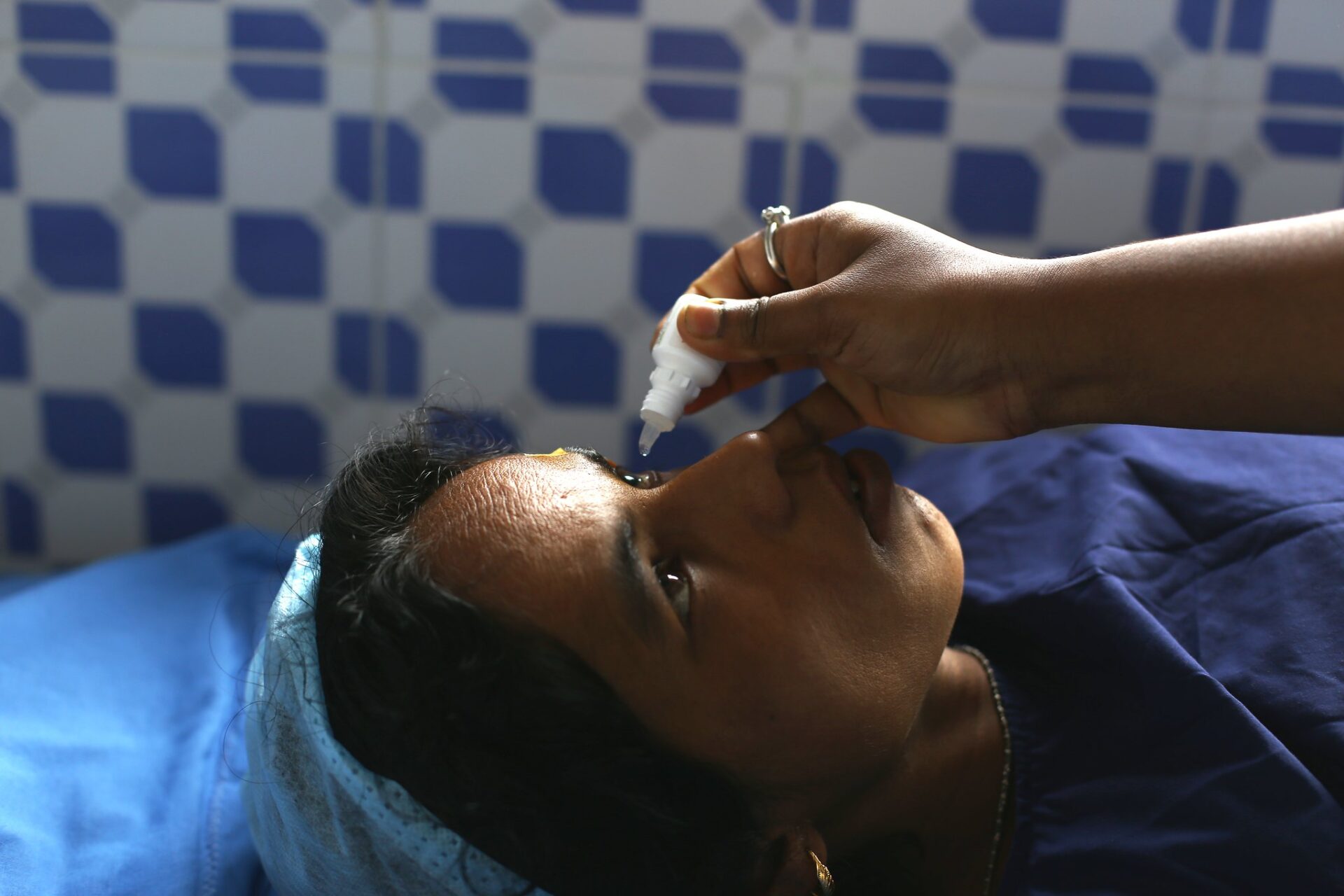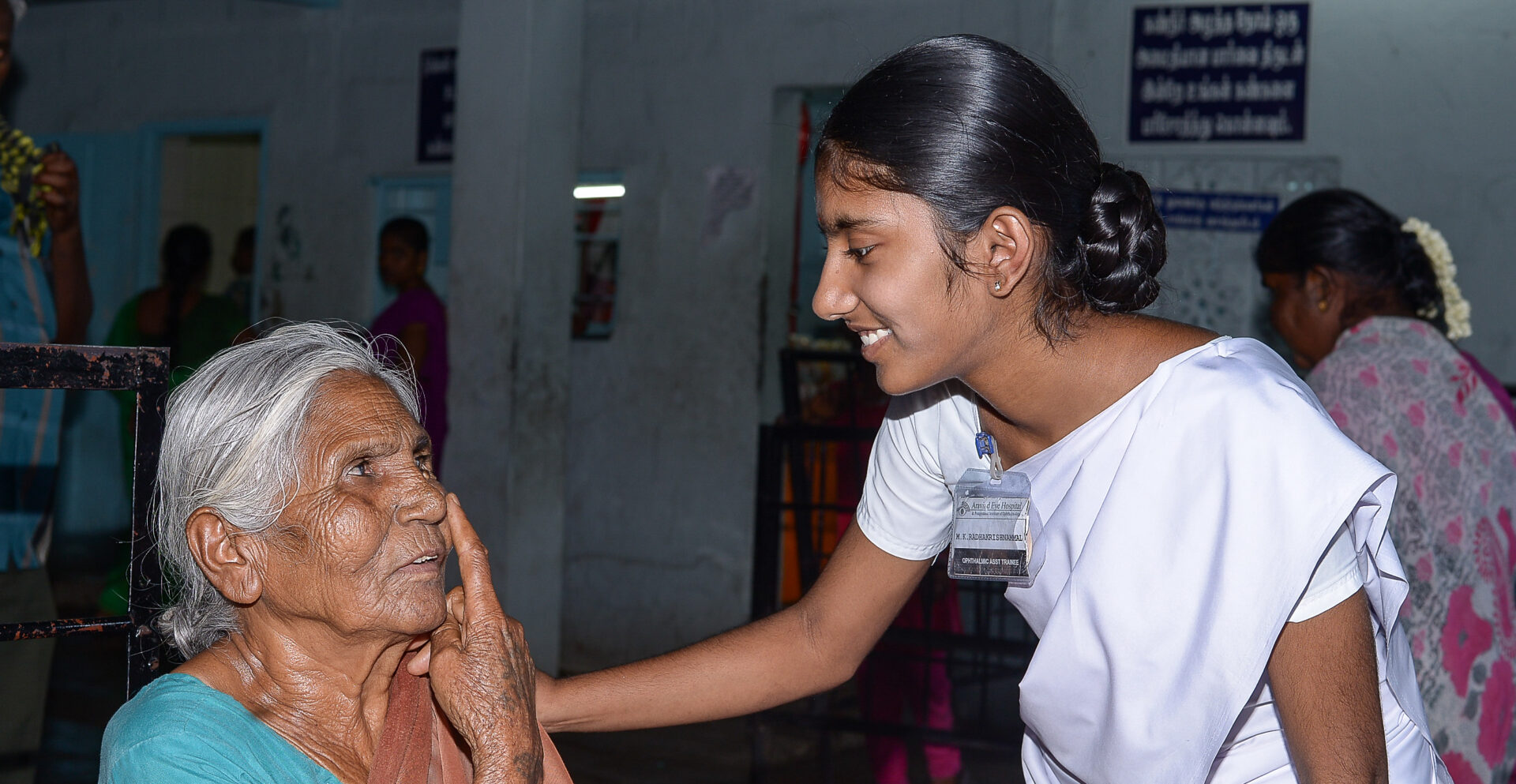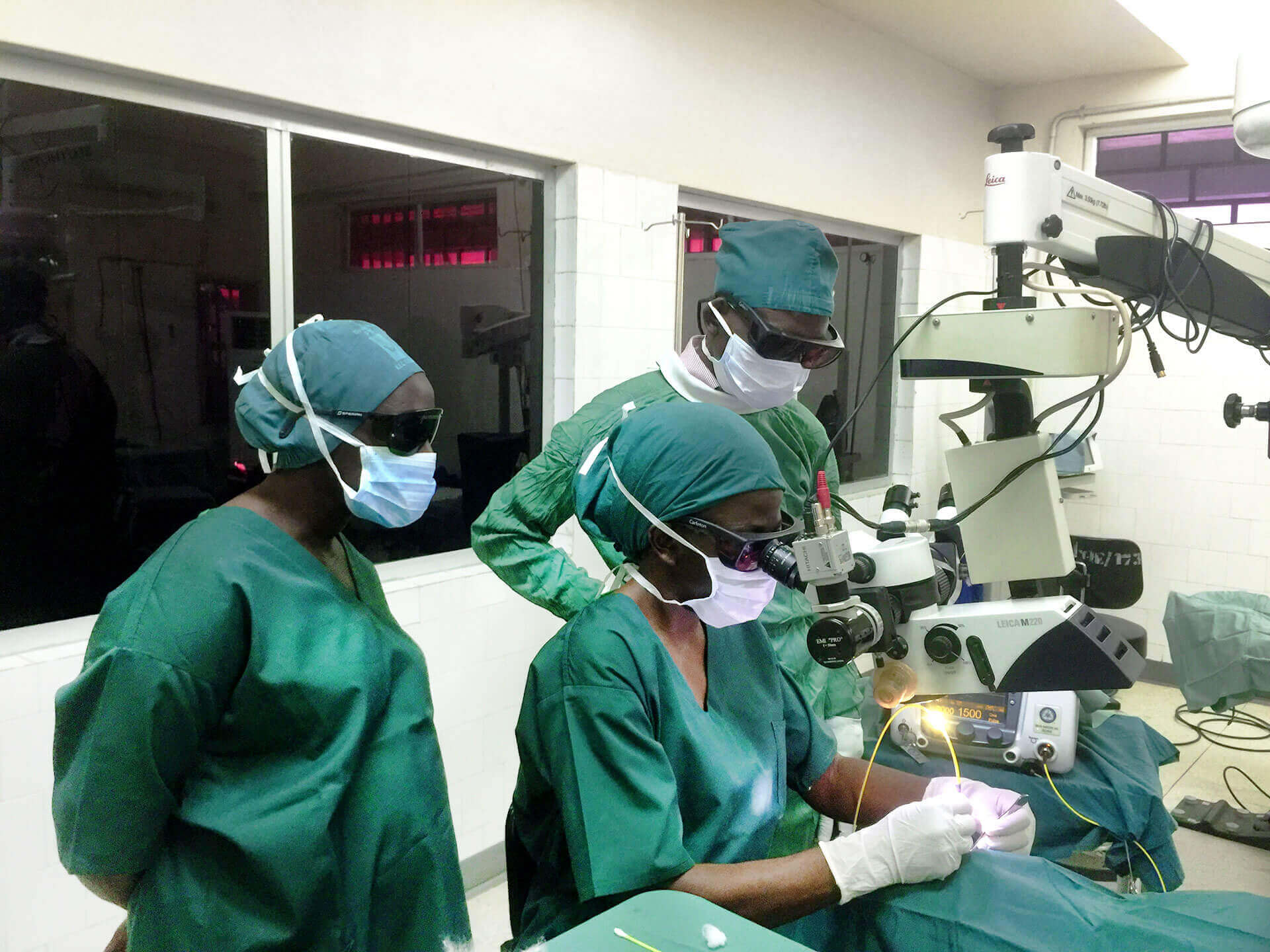Artificial Intelligence (AI) has the potential to improve eye care by enhancing diagnostic and therapeutic processes. AI-based solutions could be a game changer especially in places where eye diseases are common and the number of ophthalmologists is limited. By combining local data and expertise with advanced data infrastructure, the project aims to establish a research centre on AI to improve eye care in India.
Development of AI solutions based on quality data and expert support
Early and reliable diagnosis of eye diseases is crucial to maintain vision and avoid blindness. In regions where ophthalmologists are scarce, automated diagnostic approaches based on AI show great promise to improve diagnostic capacity. The application of AI can accelerate the diagnosis process, increase accuracy and improve access for patients as optometrists could take over some more routine functions of ophthalmologists resulting in cost reduction and easier access to care.
This innovative project led by Professor Muthiah Srinivasan will establish a centre of research expertise on AI-based solutions for eye disease diagnosis in India. Usually the lack of local quality data and local expertise are major bottlenecks in the development of AI solutions. The centre will make use of a large volume of quality data already available at the Indian institution, Aravind Eye Hospital, and will be collaborating with experienced local ophthalmologists. The partner in the Netherlands, Maastricht University brings in advanced knowledge on data infrastructure and data science.
CODA – Center for Ophthalmology Data Analysis
The planned CODA Centre for Ophthalmology Data Analysis will transforms currently dispersed routine clinical data into findable, accessible, interoperable, and reusable (FAIR) data. The goal is to develop the necessary tools and expertise to cover all phases of the AI research process and specifically to develop two AI applications from the local data – one focused on subretinal fluid and another on detecting keratoconus. Once established, the research centre could serve as a prototype to be transferred in other LMICs.
By strengthening their research capacity, the centre aims to attract further researchers and foster the local research ecosystem. In the longer term, this will enable the Indian institution to investigate challenges in local eye health and develop effective AI-based solutions more independently. The developed software and other outputs will be open access which will enable collaboration, foster further research as well as implementation in clinics. After the end of the project, the team will promote the developed tools and applications in India through their network.
 Share
Share



